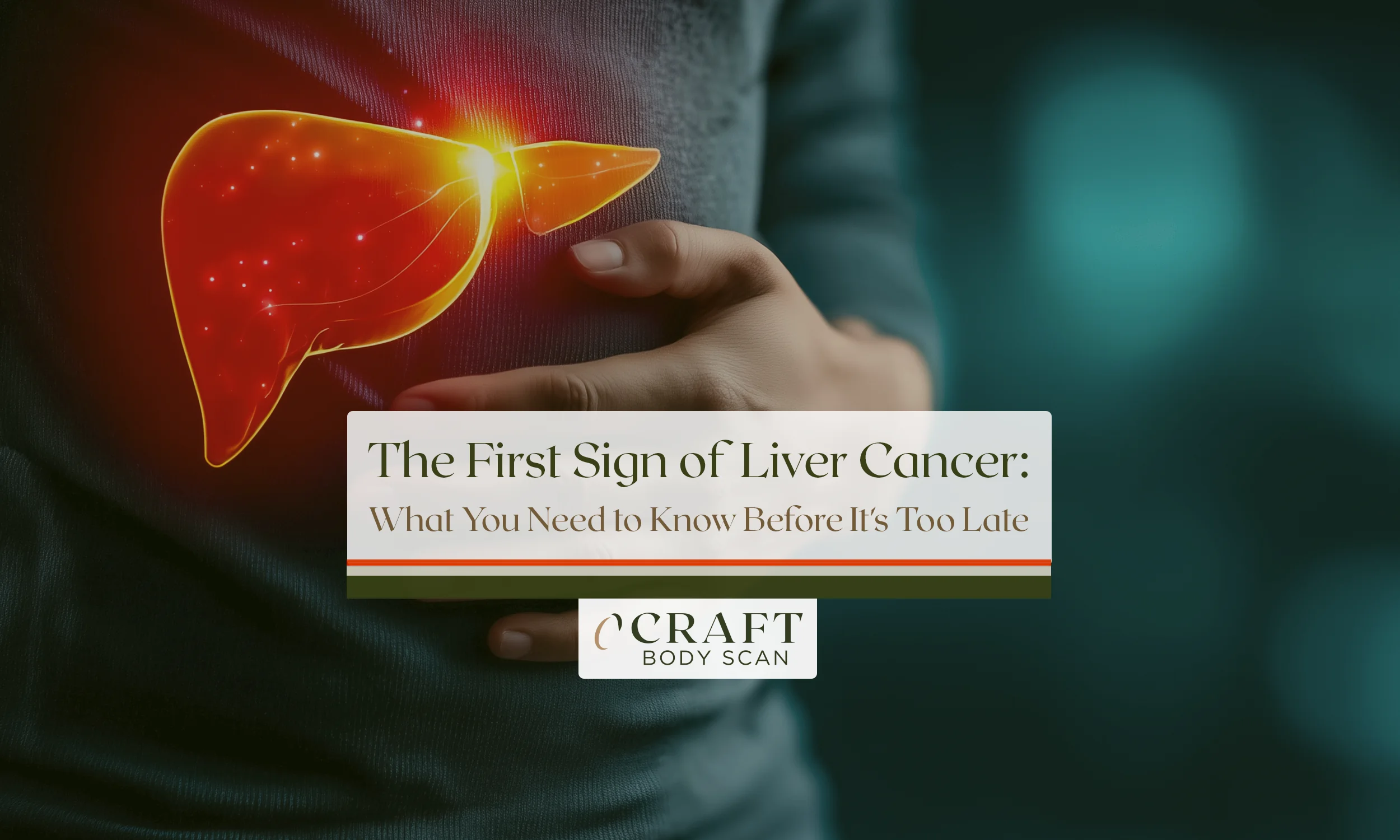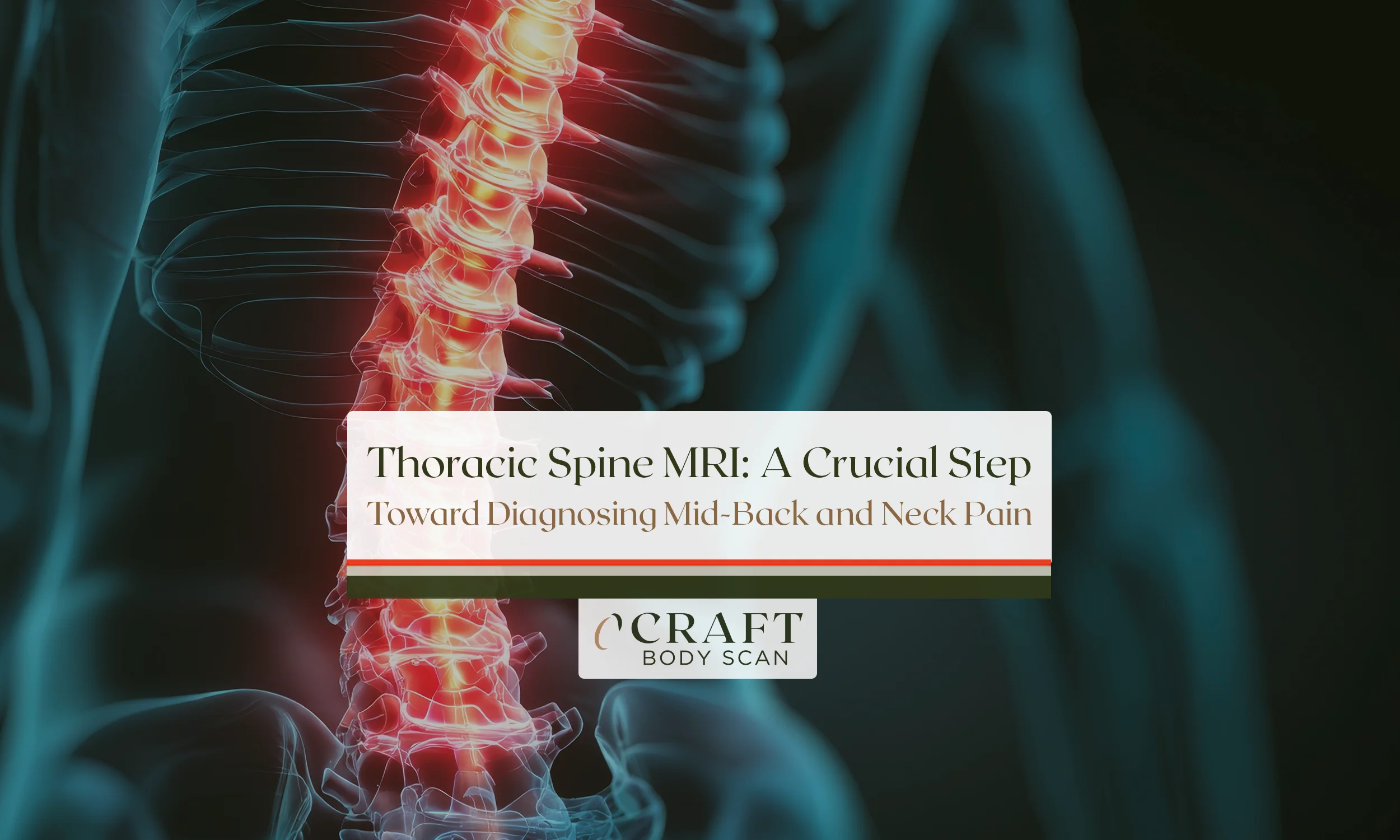When it comes to your health, the “wait and see” approach can be one of the most dangerous gambles you’ll ever take. You know the feeling—that nagging worry in the back of your mind about whether everything is really okay inside your body. The truth is, many serious conditions like cancer, dementia, and heart disease begin their silent work long before you feel anything wrong.
This isn’t meant to scare you—it’s meant to empower you. Because today, we have something our parents and grandparents didn’t: the ability to see inside our bodies and catch problems while they’re still small, treatable, and manageable. That’s exactly what MRI early detection offers, and it could be one of the most important health decisions you ever make.
Using advanced imaging technology, MRI scans can reveal what’s happening inside your body long before issues turn into life-threatening emergencies. Here’s how this approach can truly be life-saving.
What Is MRI Early Detection?
Think of MRI (Magnetic Resonance Imaging) as giving you superhuman vision into your own body. Using powerful magnetic fields and radio waves, MRI creates incredibly detailed pictures of your internal organs, tissues, and blood vessels. And here’s something that might surprise you: unlike X-rays or CT scans, MRIs use absolutely no radiation, making them completely safe for routine screening.
Here’s what MRI early detection can do for you:
Find tiny tumors that are often completely invisible to other tests—when they’re still small enough to treat effectively.
Reveal early brain changes linked to conditions like dementia, often years before memory problems become noticeable.
Detect heart and artery problems before you experience chest pain, shortness of breath, or other warning signs.
Spot hidden damage in organs like your liver, kidneys, or pancreas that could be developing serious problems without symptoms.
The beautiful thing about MRI early detection is that it’s not just for people who are already sick—it’s for anyone who wants to stay healthy and catch problems before they become problems.
How Accurate Is MRI in Detecting Cancer?

If you’re wondering whether MRI is reliable enough to trust with something as serious as cancer detection, the answer is remarkably reassuring. MRI has proven to be one of the most accurate tools available for catching cancer early, across many different types of the disease.
Here’s what the research shows about how accurate MRI is in detecting cancer:
Breast cancer: MRIs can detect up to 90% of early-stage breast cancers, especially important for women with dense breast tissue where mammograms might miss things.
Prostate cancer: Prostate MRIs are so precise they help men avoid unnecessary biopsies by identifying only the tumors that actually need treatment.
Brain tumors: Brain MRIs can spot tumors before they grow large enough to press on surrounding brain tissue or cause symptoms like headaches or seizures.
Because MRI creates such incredibly detailed images, doctors often call it their “best set of eyes” when they need to see more than what blood tests or physical exams can reveal. It’s like having a high-definition window into your body’s health.
MRI for Early Diagnosis of Neurological Disorders
One of the most heartbreaking things about conditions like dementia and Alzheimer’s is how they can steal precious time from families before anyone realizes what’s happening. But brain MRIs aren’t just for medical emergencies—they’re incredibly valuable for detecting the subtle changes that could indicate cognitive decline, often years before memory problems become obvious.
When we use MRI for early diagnosis of neurological conditions, we might discover:
Changes in your hippocampus, the brain’s memory center, that could indicate early Alzheimer’s disease.
Abnormal signals in brain tissue that might suggest vascular dementia is developing.
Structural brain changes that are consistent with various forms of dementia.
The power of early diagnosis can’t be overstated. When you know what’s happening early, you have time to start medications that might slow progression, make lifestyle changes that could help, and most importantly, plan for the future while you still have the cognitive ability to make those decisions yourself.
Early diagnosis also gives families precious time to create memories, have important conversations, and make arrangements while their loved one can still actively participate in those decisions.
The Hidden Dangers MRI Can Reveal
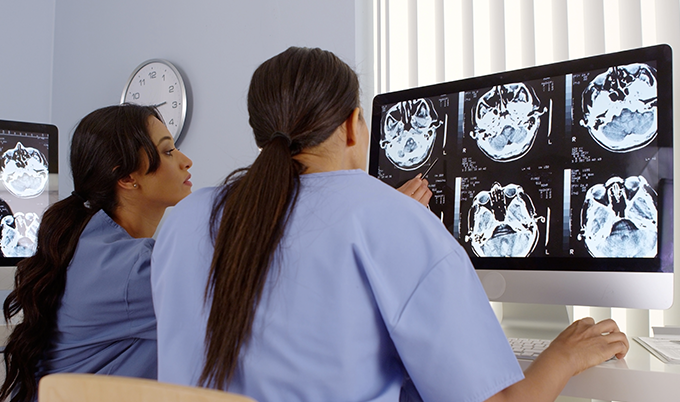
Some of the most dangerous health conditions are also the quietest. These “silent threats” can be developing in your body right now while you feel perfectly fine, going about your daily life without any idea that something serious is brewing.
MRI early detection excels at spotting these hidden dangers:
Brain aneurysms that could rupture suddenly without any warning, causing devastating strokes.
Liver disease that may cause no symptoms whatsoever until your liver begins to fail.
Blocked coronary arteries that could lead to a sudden heart attack you never saw coming.
Tumors in organs like your pancreas, lungs, or kidneys that grow silently, without pain or obvious signs.
In each of these situations, early detection through MRI gives you the best possible chance for successful treatment and recovery. It’s the difference between being caught off guard and being prepared.
Who Should Consider an MRI for Early Diagnosis?
MRI early detection isn’t reserved for people who are already dealing with health problems. It’s for anyone who wants to be proactive about their health and avoid the shock of an unexpected diagnosis.
You might want to consider early MRI screening if:
You’re over 40 and believe in taking a proactive approach to your health rather than waiting for problems to develop.
You have a family history of cancer, stroke, or Alzheimer’s disease that makes you want to stay ahead of potential genetic risks.
You’ve been experiencing unexplained fatigue, persistent headaches, or subtle memory changes that concern you.
You’re health-conscious and want the most complete picture possible of what’s happening inside your body.
With no radiation exposure and no recovery time needed, MRIs offer a safe and effective way to monitor your health over the years. Think of it as an investment in your peace of mind and your future.
Is It Worth the Cost?
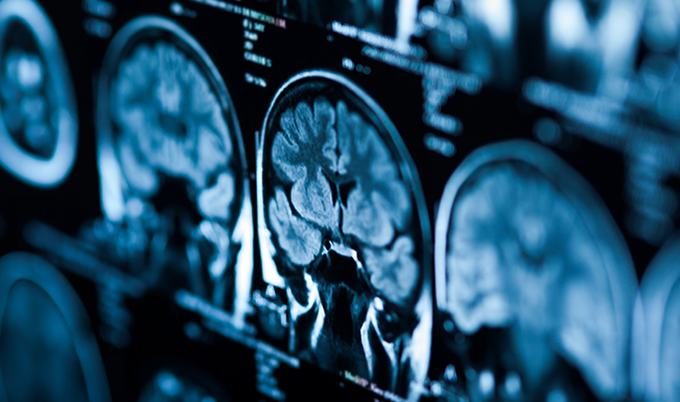
We understand that investing in preventive healthcare can feel like a big decision, especially when you’re feeling fine. But when you consider the alternative—the financial and emotional cost of catching a serious illness too late—the value becomes much clearer.
Consider these realities:
Late-stage cancer treatment can cost 10-20 times more than an early detection MRI, not to mention the physical and emotional toll.
Emergency surgeries and ICU stays are exponentially more expensive and traumatic than early outpatient treatment.
Advanced brain conditions leave you with fewer options and less time for meaningful planning and care.
But this isn’t really about money—it’s about preserving your quality of life, your choices, and your time with the people you love. Early detection gives you the power to act when you have the most options and the best chance for positive outcomes.
How MRI Compares to Other Imaging Tools for Early Detection
When you’re considering early detection options, it’s helpful to understand how MRI stacks up against other imaging methods like CT scans, X-rays, and ultrasounds. Each tool has its place, but MRI offers unique advantages for comprehensive health screening.
Here’s how MRI compares to other imaging tools:
MRI vs. CT Scan: While CT scans are faster and use radiation, MRI provides much more detailed images of soft tissues. For detecting cancer or neurological conditions, MRI typically offers superior clarity for your brain, spinal cord, joints, and organs.
MRI vs. X-Ray: X-rays work well for examining bones but offer very limited information about your soft tissues and organs. They simply can’t detect the early organ or brain changes that MRI can reveal.
MRI vs. Ultrasound: Ultrasounds are safe and cost-effective, but they’re highly dependent on the technician’s skill and don’t provide the deep, detailed internal view that MRI offers.
For comprehensive, high-resolution imaging without any radiation exposure, MRI remains the gold standard—especially when your goal is early detection of potential health issues.
What to Expect During a Preventive MRI Scan
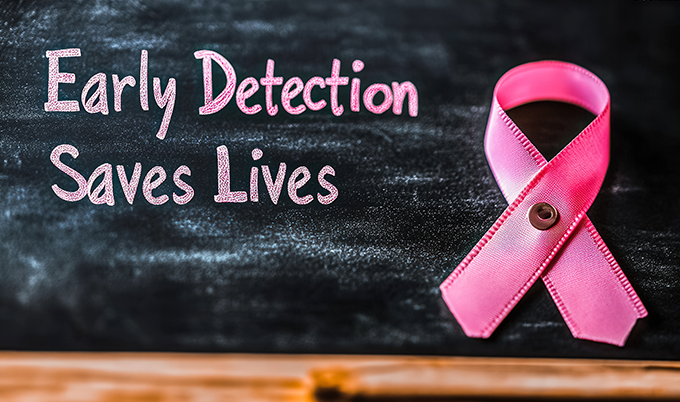
If you’ve never had an MRI before, you might be wondering what the experience is actually like. The good news is that it’s much simpler and more comfortable than most people expect—completely painless and non-invasive.
Here’s what typically happens during your Craft Body Scan MRI appointment:
Preparation: You’ll simply remove any metal jewelry and change into a comfortable gown. There’s no need to fast or change your medications unless specifically advised.
The Scan Itself: You’ll lie comfortably on a padded table that gently slides into the MRI machine. You’ll hear some tapping or humming sounds—that’s just the powerful magnets doing their work. We provide earplugs or headphones to keep you comfortable.
Timing: Most comprehensive scans take 30-60 minutes, depending on how many areas we’re examining. Many people find this a relaxing time to rest or even meditate.
After Your Scan: There’s absolutely no recovery time needed. You can go right back to your normal activities. A medical specialist will carefully review your images, and you’ll typically have results within a few days, along with a personalized plan if any areas need attention.
Most patients leave feeling empowered and relieved—with more insight into their health than they’ve ever had before.
Why Choose Craft Body Scan?
At Craft Body Scan, we’ve built our practice around one core belief: you deserve to know what’s happening inside your body before problems become emergencies. Our team includes board-certified physicians and radiology specialists who are passionate about helping you stay ahead of health issues.
What makes our approach different:
State-of-the-art MRI equipment that produces ultra-high quality images for the most accurate results possible.
Convenient scheduling with no referrals required—you can take control of your health without waiting for permission.
Expert analysis from medical specialists who take the time to thoroughly review every detail of your scan.
Personalized guidance that includes not just your results, but clear recommendations for next steps if any areas need attention.
We’re not just here to take pictures of your insides—we’re here to be your partner in proactive health, providing the guidance and support you need to make informed decisions about your well-being.
Take the Next Step Toward Proactive Health

Too many people spend years waiting for symptoms to appear before they take their health seriously. But you have the power to flip that script. MRI early detection allows you to take control, get ahead of potential illness, and make informed decisions about your future while you still have all your options.
Whether you’re concerned about cancer, worried about brain health, or simply want to make sure there are no hidden threats developing in your body, we’re here to help you get the answers you need.
The peace of mind that comes from knowing your body is healthy—or catching problems when they’re still highly treatable—is truly priceless.
Book your MRI early detection scan today—and take the first step toward the confidence and peace of mind you deserve about your health.
Your future self will thank you for taking action today.


